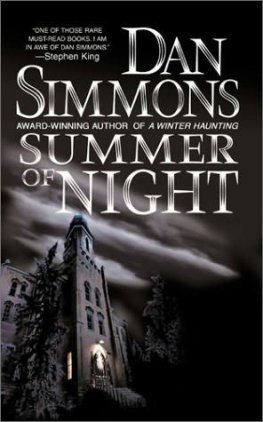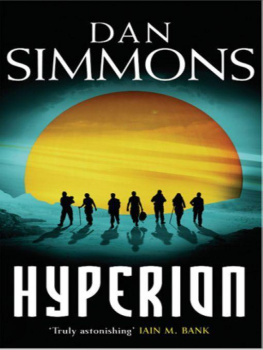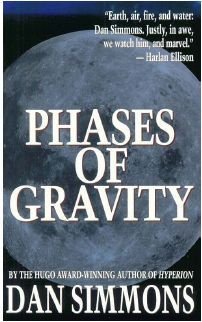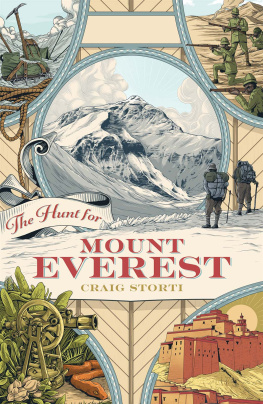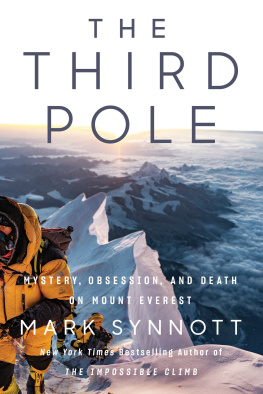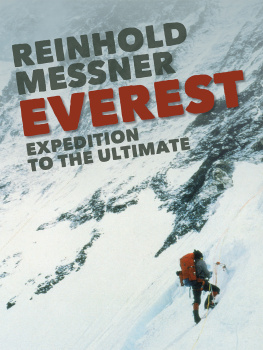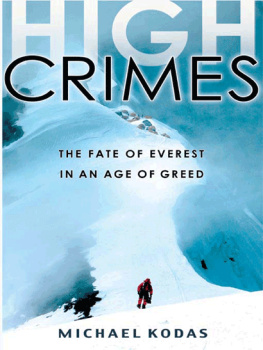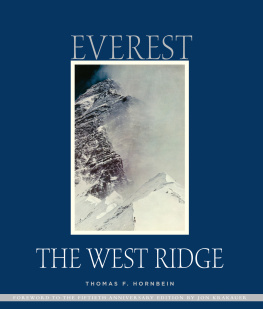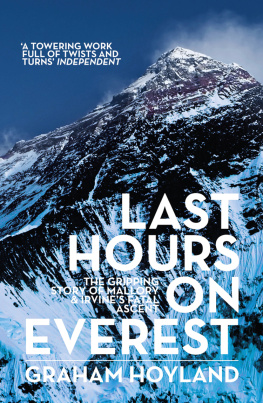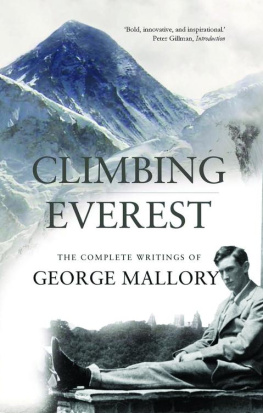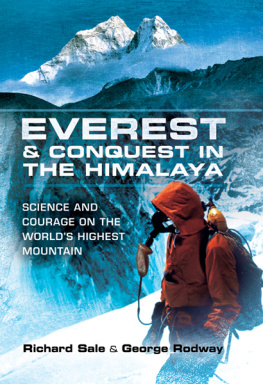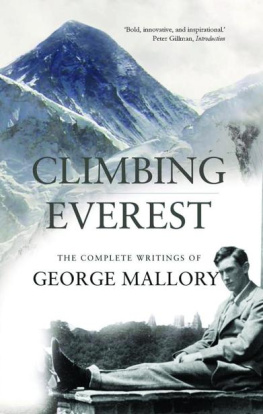
This book is dedicated, with respect,
to the memory of
Jacob Jake William Perry
April 2, 1902May 28, 1992
Great things are done when men and mountains meet.
William Blake
Introduction
I met Jake Perry in the summer of 1991.
Id had a longtime interestin Antarctic exploration and explorersactually since the International Geophysical Year in 195758, when the U.S. established permanent bases down there, which really grabbed my 10-year-olds imaginationand around 1990 I had a vague hunch that there might be an idea for a novel set in Antarctica. It was to be another fifteen years before I actually wrote and published a book about a doomed Arctic (not Antarctic) expeditionmy 2007 novel The Terrorbut in the summer of 1991 it was that time again when I had to suggest a package of three new books to my publisher. My interest was in Antarctica, not the North Polar expeditions, which never interested me very much (but which I eventually ended up writing about), and that interest was fueled by many more years of reading about the adventures of Ernest Shackleton, Robert Falcon Scott, Apsley Cherry-Garrard, and other heroes and martyrs of the Antarctic.
Then, during that summer of 1991, a friend of my wifes said that she knew an actual Antarctic explorer. This old guywho had moved into an assisted living home for the elderly in the little town of Delta on the Western Slope of Coloradohad actually been with Rear Admiral Richard Byrd during American expeditions to Antarctica in the 1930s.
At least Karen said that this is what Mary had told her. Personally, I suspected Alzheimers, lying, an inveterate teller of tall tales, or all three.
But according to Mary, this eighty-nine-year-old gentleman named Jacob Perry had been on the 1934 U.S. Antarctic expedition. That was the clusterboink expedition in which Admiral Byrd, always eager for a bit more solo fame, had spent five winter months alone in a hole in the ice at an advanced meteorological station where he almost died from carbon monoxide poisoning due to a poorly ventilated stove. (Byrd was to write his best-selling book about this experience, a book titled, obviously enough, Alone.)
According to what Mary said to my wife, Karen, this elderly Jacob Perry had been one of four men whod crossed a hundred miles of Antarctica in the total darkness and howling storms of the 1934 South Polar winter to rescue Admiral Byrd. Then the whole group had to wait until October and the advent of the Antarctic summer to be rescued themselves. It sounds like hed be perfect to give you information about the South Pole, said Karen. You might write the whole book about this Mr. Perry. Maybe hes the Admiral Perry who also was the first to reach the North Pole!
Perry, I said. Perry of the Antarctic. But hes not the Rear Admiral Robert Peary who claimed to be the first man to reach the North Pole in nineteen oh-nine.
Why not? said Karen. It could be.
Well, first of all, theres the difference in spelling of their names, I said, mildly irritated at being poked into action, or perhaps irritated in the way I always am when someone else, anyone else, suggests what I should be writing about. I spelled the difference between Admiral Peary and Marys little old man in Delta, Mr. Perry.
Also, I said, Rear Admiral Peary would be about a hundred and thirtysome years old now
All right, all right, said Karen, holding up her hands in a signal weve worked out over decades of marriagea signal that theoretically keeps either party from going for the jugular. I stand corrected. But this Mr. Perry might still have a wonderful story to tell and
Also, I interrupted, being somewhat of a jerk, Admiral Robert Peary died in nineteen twenty.
Well, this Jacob Perry is still alive in Delta, said Karen. Barely.
Barely? You mean because of his age? To me, anyone whos eighty-nine or ninety falls into the category of barely alive. Hell, to me in 1991, anyone over sixty was circling the drain. (In the interests of full disclosure, I admit that Im now sixty-three years old as I write this preface in 2011.)
No, not just his age, said Karen. In the e-mail, Mary also mentioned that he has cancer. He still gets around evidently, but
Id been at my computer, just fiddling around with ideas for bookstyping in possible titleswhen Karen had come in. Now I turned the computer off.
Mary really says he was with Byrd in Antarctica in thirty-four? I said.
Yeah, really, said Karen. I knew youd be interested in him. Somehow my wife manages not to sound smug even when shes correct. Itd be good for you to get out of the office for a few days. Thatd be a five- or six-hour ride, even staying on the interstate all the way to Grand Junction. You can stay overnight with Guy and Mary in Delta.
I shook my head. Ill take the Miata. And get off I-seventy to go through Carbondale and then up and over McClure Pass.
Can the Miata get over McClure Pass?
You just watch it, I said. I was thinking of what clothes Id throw in my duffel for the two-day trip, assuming Id talk to Mr. Perry the morning of the second day and then head home. I had a little North Face soft duffel that fit perfectly in the Miatas tiny trunk. I made a mental note to bring my Nikon camera. (These were pre-digital days for me, at least when it came to photography.)
And so, because of my urge to drive my new 1991 Mazda Miata in the mountains, I met Mr. Jacob Perry.
Delta, Colorado, was a town of about six thousand people. Coming at it the way I didturning south off I-70 from Glenwood Springs, then turning onto Highway 65 at Carbondale, following that narrow two-lane road over the high passes and past the remote outposts of Marble and Paoniaone gets a sense of how surrounded by mountains the little town really is. Delta is in a wide river basin south of the Grand Mesa, which locals describe as one of the largest flat-top mountains in the world.
The place where Jake Perry lived in Delta certainly didnt look like an old folks home, much less one where nursing help was available twenty-four hours a day. With the assistance of several federal grants, Mary had renovated a once grand but now run-down hotel and merged it with an empty store next door. The result was a space that felt more like a four-star hotel from, say, 1900 than an assisted living facility.
I found that Jacob Perry had his own room on the third floor. (Part of Marys renovation was putting in elevators.) After Marys introductions and explanations again of why I wanted to talk to himDan was a novelist doing research on a possible book set at the South Pole and hed heard of Jake, she saidMr. Perry invited me in.
The room and the man seemed to complement each other. I was surprised how large Perrys room wasa double bed, neatly made, near one of three windows that looked out and over the roofs of the lower downtown stores toward the mountains and Grand Mesa to the north. Floor-to-ceiling bookcases filled with hardcover booksmany of them, I noticed, about mountain ranges around the worldand mementos: coils of old-style climbing rope, Crookes glass goggles such as Arctic explorers used to wear, a worn leather motorcycle helmet, an ancient Kodak camera, an old ice axe with a wooden staff much longer than modern ice axes would have.
As for Jacob PerryI couldnt believe the man was eighty-nine years old.
Age and gravity had taken their toll: some curvature and compression of the spine over nine decades had robbed the man of an inch or two of height, but he was still over 6 feet tall; he was wearing a short-sleeved denim shirt, and I could see where his biceps had withered some with age, but his muscles were still sculpted, his forearms especially formidable; the upper part of his body was, even after times robberies, triangular with power and shaped from a lifetime of exertion.
Next page

